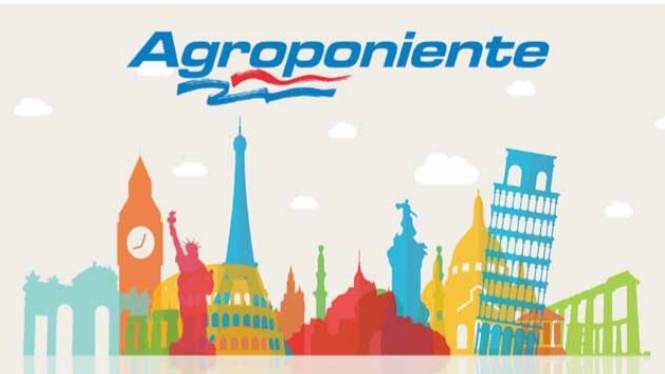Agroponiente with booming market and organics

Agroponiente is a company located in the Spanish Southeast, mainly in Almeria, but also with facilities along the coast of Granada, cultivating and trading fruit and vegetables such as tomato, cucumber, pepper, aubergine, beans, melons and watermelons, among others. Supply volumes for the current campaign are forecast to be similar last year’s, with slight variations per product and depending on how the market develops, as well as factors affecting it such as foreign competition, weather conditions and other eventualities.
New investments in packing and logistics
Throughout the year just closed, the firm invested over €2 million in upgrading facilities, mainly investing in logistics, reception processing and preparation services for produce in several of its centres. The aim is to continue the ongoing process of adaptation to market demands, while improving the product preparation logistics to meet each customer’s needs. Agroponiente continues its commercial philosophy based on reinforcing the strategies already up and running with its traditional customer base. For several years now the company has been working to open up new niche markets in countries such as the United States and Canada, although the bulk of its production is shipped to Europe, especially to Germany, the UK, Scandinavia, Italy and the booming Polish market, among others.
Organics, the biggest challenge this season
The latest big challenge for Agroponiente is organic production. To this end, a specific department has been created within the company, headed by Diego Oller, a professional in this segment with years of experience and knowledge. Agroponiente regards organic production as a reality with good future prospects for fruit and vegetable trading. To this end, the company has bolstered its activity in this area to meet growing demand from the markets. The company takes up this challenge with the drive, professionalism, knowledge and solvency gained through serving its customers for almost three decades.
This article appeared on page 130 of edition 141, Jan/Feb 2016, of Eurofresh Distribution magazine. Read that issue online here.
